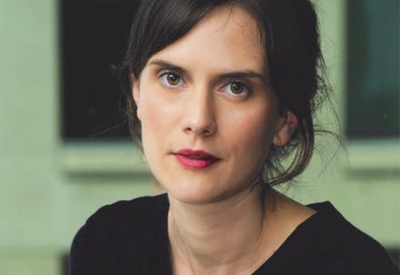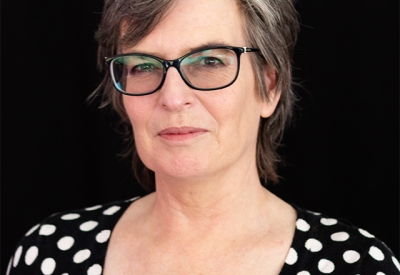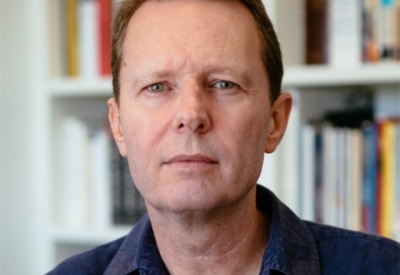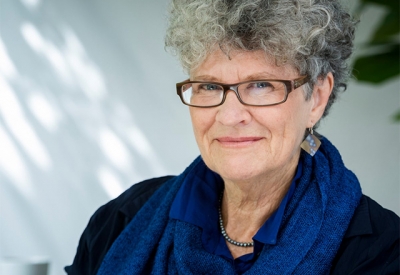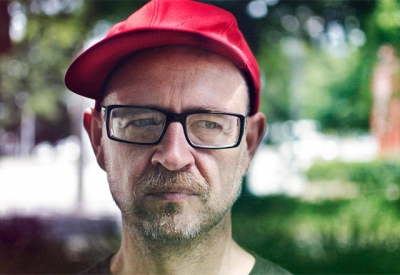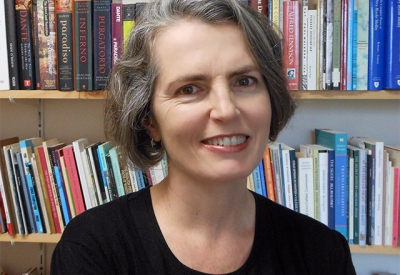Interviews
I studied creative writing at UTS. Yes, it was worth it, mainly because I encountered some brilliant teachers – Martin Harrison in particular. Martin’s courses didn’t simply ‘teach’ me about writing; they changed the way I saw the world. Then I went on to do a conventional PhD at Cambridge, partly due to a strong belief that you learn to write by reading closely, and by immersing yourself in the work of others. I have taken to thinking of this PhD as a kind of apprenticeship in style.
... (read more)I mostly review theatre, and yes, I am selective, mostly from a sense of self-preservation. I have cut back my theatre-going to once or twice a week, and Melbourne’s performance arts culture produces much more work than that. I feel a bit guilty, since I am less in touch with emerging work than I once was, but a girl can only do so much.
... (read more)I love writers festivals; most of the ones I have appeared at have been for children, and they are great fun. They have given me the opportunity to meet other writers. Most of the time I work in isolation, so the festivals are wonderful. I like presenting to children. I trained originally as an actor; for a number of years I performed my picture book My Yellow Blanky to children all over Australia.
... (read more)Bigger Thomas, the anguished anti-hero in Richard Wright’s Native Son, never fails to make me seethe and squirm with discomfort. Although obviously not fictional, Maya Angelou was so engaging I followed her spirit right through her seven autobiographies.
... (read more)I’m a big supporter of digital publishing: it makes writing more accessible in a global context. I edited a collection called Writing Black, which is available on iBooks. This allows the American audience, which I particularly wanted to engage with while I spent some time in the United States promoting the black&write! project, to download it easily.
... (read more)When writing and recording music, I often just start with a technical ‘problem’. (How does parallel compression work? What does this plug-in do?) In contrast, the low-tech and ‘invisible’ nature of writing tends not to engender such creative problem-solving, so I admire those writers, such as John Tranter, who can embrace ‘proceduralist’ strategies.
... (read more)I’ve just finished a book about my mother’s life. She was typical of her times in some ways, remarkable and even eccentric in others. When she died ten years ago she left a mass of bits and pieces of memoir. I’ve used them to try to tell the story of a working-class woman riding the waves of change through the twentieth century.
... (read more)I’m inclined to say poems are triggered, or ‘arrive’, rather than they’re the fruit of inspiration. The poem does have to be written, which is in itself craft. The best poems may need a little tinkering, but on the whole I’d rather not labour away at a sow’s ear. (Though I should say I value a real sow’s ear above a silk purse.)
... (read more)My hero is Jakob von Gunten, star of, well, Jakob von Gunten, Robert Walser’s singular novel about a school for servants. I love the quality of Jakob’s subversion in that lovely, strange, tiny place. And my heroine: Theodora Goodman, the eponymous aunt of Patrick White’s The Aunt’s Story, who is glorious and difficult and bewildering and kind.
... (read more)Lesbia Harford would have been interesting to meet, because of her unconventionality and political views, in addition to the poetry. Earlier, Percy Shelley, for similar reasons.
... (read more)

